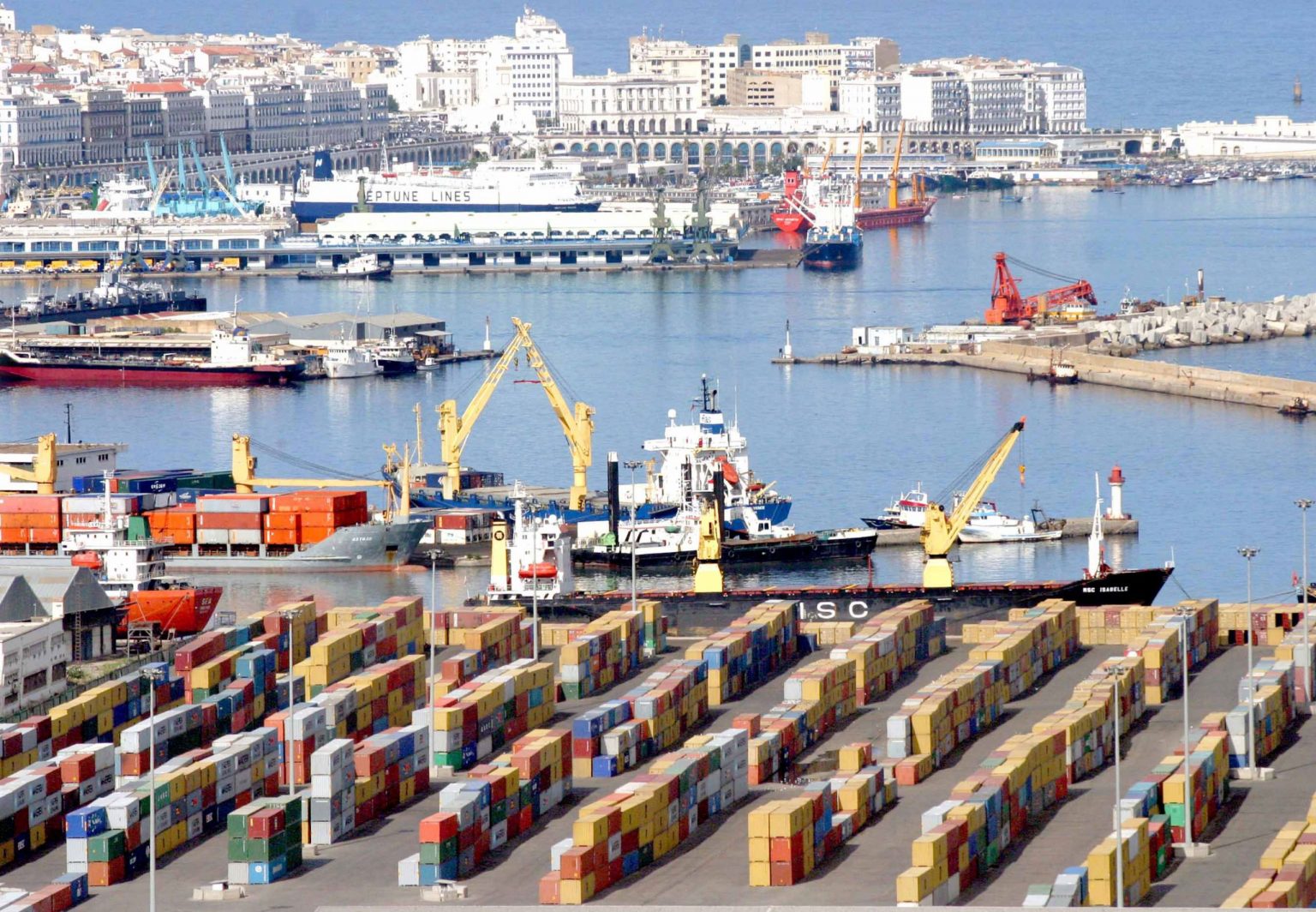30.09.2025
Algerian Ports for Car Imports — Full Guide
Algerian Ports for Car Imports:
Overview and Prospects
Algeria, with its long Mediterranean coastline, is one of the most important maritime gateways in North Africa. Over the past years, the government has prioritized port modernization, aiming to transform the country into a logistics hub linking Europe, Africa, and the Middle East. A key segment of this strategy involves automobile transportation, which requires specialized Ro-Ro (roll-on/roll-off) terminals.
Ports Capable of Handling Car Carriers
Port of Algiers
The country’s main port and capital. Equipped with modern Ro-Ro berths, it is regularly used for vehicle carriers and passenger ferries. Historically, Algiers has been the primary entry point for imported cars. Current projects focus on modernization and improved logistics efficiency.
Port of Oran
Algeria’s second-largest port, serving the western region. Features a dedicated Ro-Ro terminal. Handles both passenger ferries and automobile imports, including cars, trucks, and heavy equipment.
Port of Annaba
A major port in eastern Algeria with versatile infrastructure. Equipped to handle vehicle shipments and used for regional trade involving machinery and industrial goods.

Port of Djen Djen (Jijel)
A modern deep-water port and one of the most advanced in North Africa. With its depth and large berths, it can accommodate vessels of all sizes, including the largest Ro-Ro carriers. It plays a central role in Algeria’s logistics strategy towards 2035.
Port of Skikda
Primarily focused on oil and gas, but its universal terminals can also process vehicles and machinery. Although not a major hub for auto imports, it has the capability to handle them when required.
Port of Béjaïa
A multipurpose port that handles containers, bulk cargo, and Ro-Ro ships. Well positioned to expand its vehicle handling segment, especially with modernization efforts underway.
Port of Mostaganem
A medium-sized port equipped with Ro-Ro facilities. Historically active in vehicle imports during the 2010s and continues to support automobile logistics.
Port of Ghazaouet
Located near the Moroccan border, this port is primarily a passenger and ferry terminal but also accommodates vehicles. It is strategically important for regional transport and cross-Mediterranean routes.
Ports Without Specialized Auto Facilities
Smaller fishing and cabotage ports (such as Dellys and Ténès), as well as specialized oil and gas terminals (Arzew, part of Skikda), are not equipped to receive car carriers. Their infrastructure is limited to local or sector-specific operations.
Strategic Importance and Future Outlook
The Algerian government aims to position the country as a continental logistics hub. Its long-term plan (to 2035) includes the development of three major transport corridors connecting Mediterranean ports with inland and trans-Saharan routes. For the automotive sector, this means:
- Expansion of Ro-Ro capacity in Algiers, Oran, and Djen Djen.
- Construction of modern vehicle terminals with faster unloading and customs clearance.
- Integration with rail and road networks, ensuring efficient distribution to dealerships and final customers.
Conclusion
For car imports, Algeria’s main entry points are eight ports: Algiers, Oran, Annaba, Djen Djen, Skikda, Béjaïa, Mostaganem, and Ghazaouet. These ports are equipped with Ro-Ro facilities and capable of receiving vehicle carriers. Other ports remain specialized in fishing, cabotage, or hydrocarbons and are not suitable for large-scale automobile handling.
Collectively, these eight ports form the backbone of Algeria’s automotive logistics and will play a strategic role in the country’s emergence as a regional transport hub.